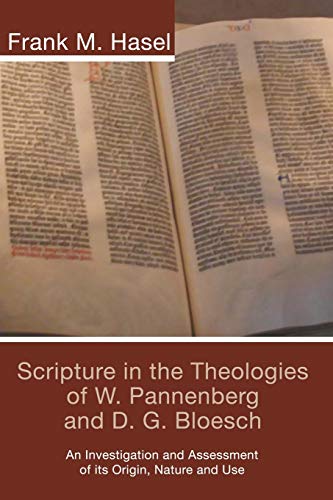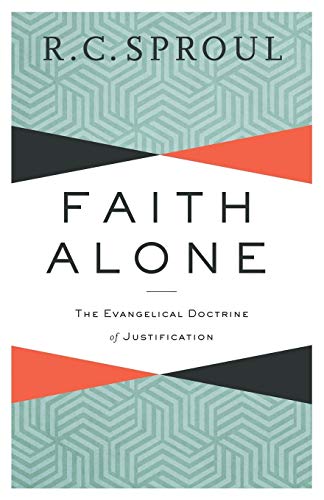The Epistle to the Colossians and to Philemon: A Commentary on the Greek Text
Written by James D.G. Dunn Reviewed By Richard E. DeMarisAppearing in the New International Greek Testament Commentary series, this study of Colossians and Philemon has much to recommend it. In an age of specialization it can be difficult to find a scholar with broad competence, but Dunn proves himself an expert in both epistles. What emerges from this expertise is a volume that is ideal for the student of Greek wanting verse-by-verse guidance through the language of the two books. In addition to detailed treatment, Dunn offers the reader an introduction to each epistle that examines authorship, date and place of composition, the occasion for writing, and structure. In the introductions Dunn also sets forth key issues that occupy modern scholarship on Colossians and Philemon. Additional plusses are ample bibliographies for each epistle, thorough indexing, and a format that makes the commentary easy to use.
The maturity and depth of Dunn’s scholarship result in a commentary that is balanced and rich but not overwhelming in detail. One detects no hidden agenda at work here; Dunn weighs the interpretative possibilities in front of the reader and seldom surprises with the conclusions he draws.
Disappointments with Dunn’s scholarship are few, but these do merit mention because they bear on major interpretative issues. Dunn deserves credit, on the one hand, for his treatment of Colossian authorship. His impartiality shines when he makes a case for composition both by Paul and by one of Paul’s disciples. Such fluidity, on the other hand, poses difficulties for his treatment of other issues. Dunn bases decisions between important interpretative options, such as possible meanings of ‘elements of the world’ (Col. 3:8, 20), on the correspondence between the situations at Galatia and Colossae. But arguments based on that correspondence are convincing only if Paul wrote both Galatians and Colossians.
Another weakness occurs when Dunn departs from his usual even-handedness in dealing with the problem that prompted the writing of Colossians, the so-called Colossian philosophy (2:8). Scholarly debate turns invariably on the issue of whether the letter writer was countering Jewish, philosophical, or pagan religious influences (or a combination of them) on the Christian community in Colossae. In finding only Jewish influences, Dunn too quickly dismisses the findings of other important commentators on Colossians, such as Eduard Schweizer, whose work on Greek philosophical influences is highly regarded. This hasty dismissal leaves Dunn puzzling over sections of the letter rich in philosophical language: Dunn recognizes that the hymn to Christ at 1:15–20 is indebted to Platonic thought and then wonders why it was included in the letter.
The commentary on Colossians would also have been stronger had Dunn given more attention to the household rules in 3:18–4:1. Dunn downplays their importance for contemporary Christian life, and admits they point to a conformist ethic among the early Christians since the codes mirror pagan and Jewish practices of that day. Yet the very question that many Christians wrestle with is how Scripture is authoritative for their lives, an answer to which must involve careful assessment of the NT household codes. The reader cannot of course expect a short course in Christian ethics and social relationships from Dunn in his commentary on the text. But perhaps treatment of the larger issues the codes raise should have appeared in Dunn’s introduction to the epistle, including a summary of feminist scholarship on early Christian communities and household relations in antiquity.
This last weakness in the commentary is more a sin of omission than commission. It and the others I have noted do not harm the commentary irreparably. On the contrary, the reader would have to look hard to identify someone better suited to comment on Colossians and Philemon and to find scholarship that is so consistently good. What in particular makes this volume worthwhile is the balance it strikes between depth and approachability: the commentary has the weightiness of a reference volume but its writing has a clarity and economy that engages the reader. It is one of the most readable commentaries around.
Richard E. DeMaris
Valparaiso University







